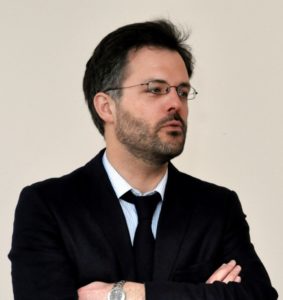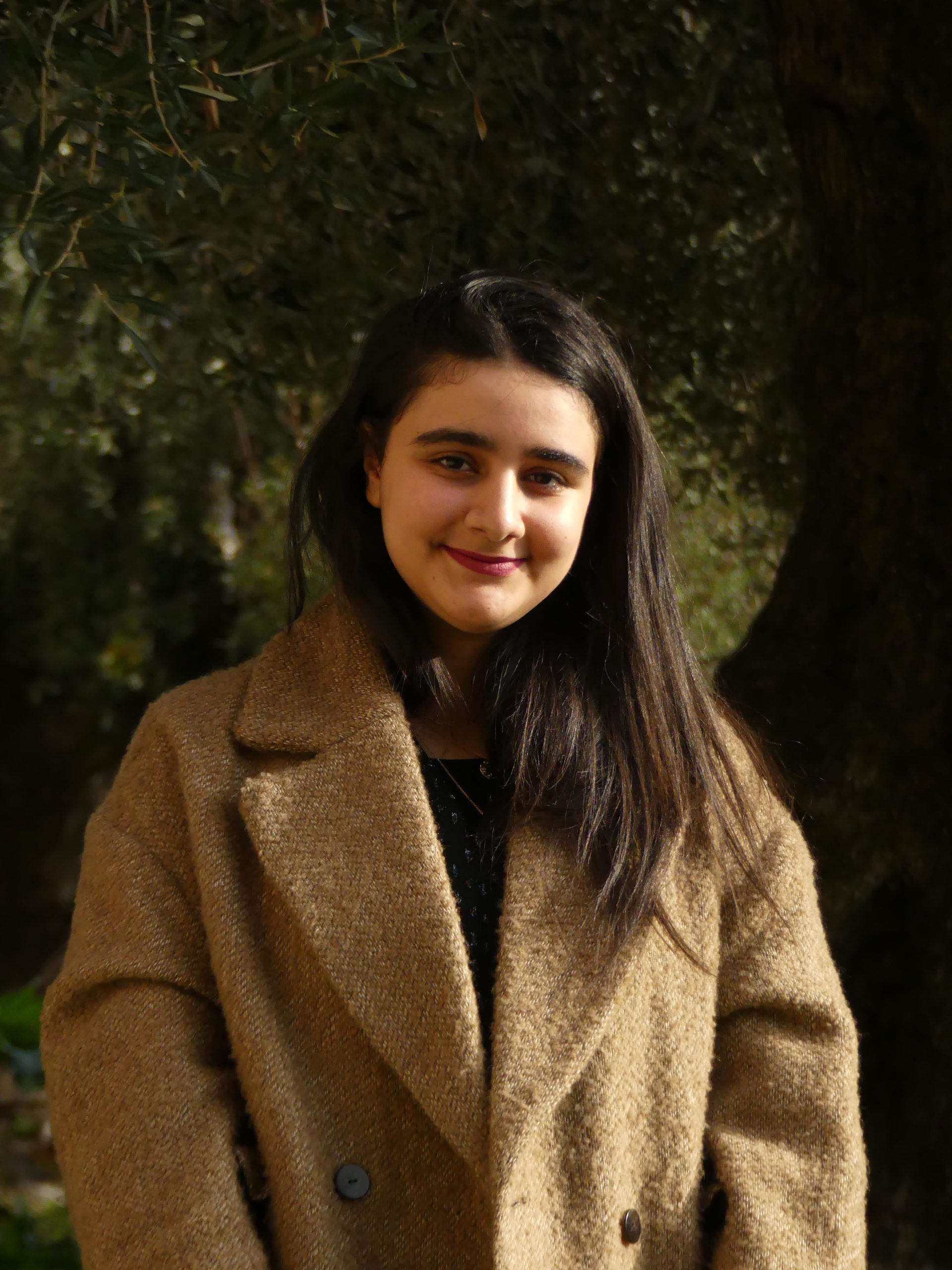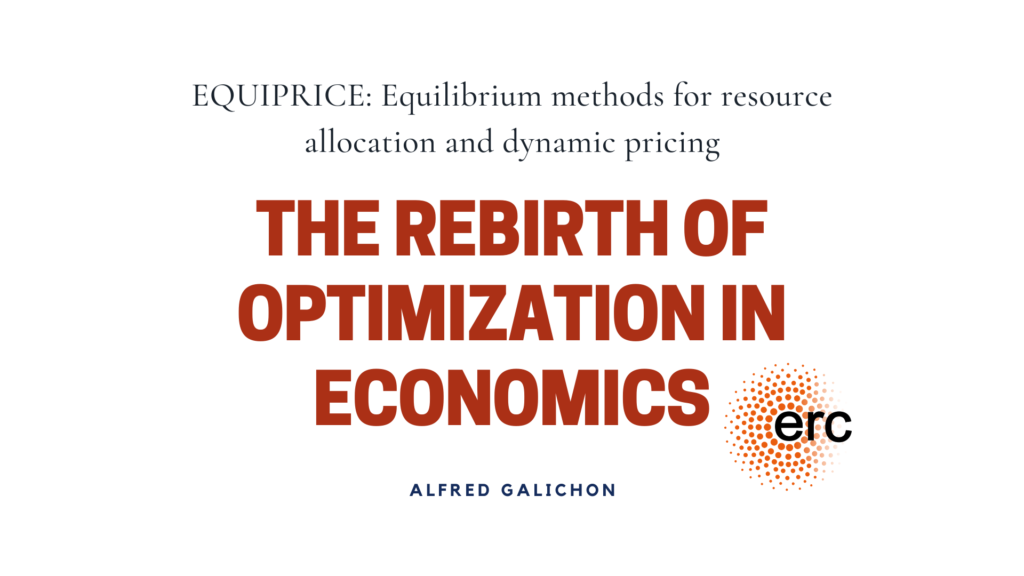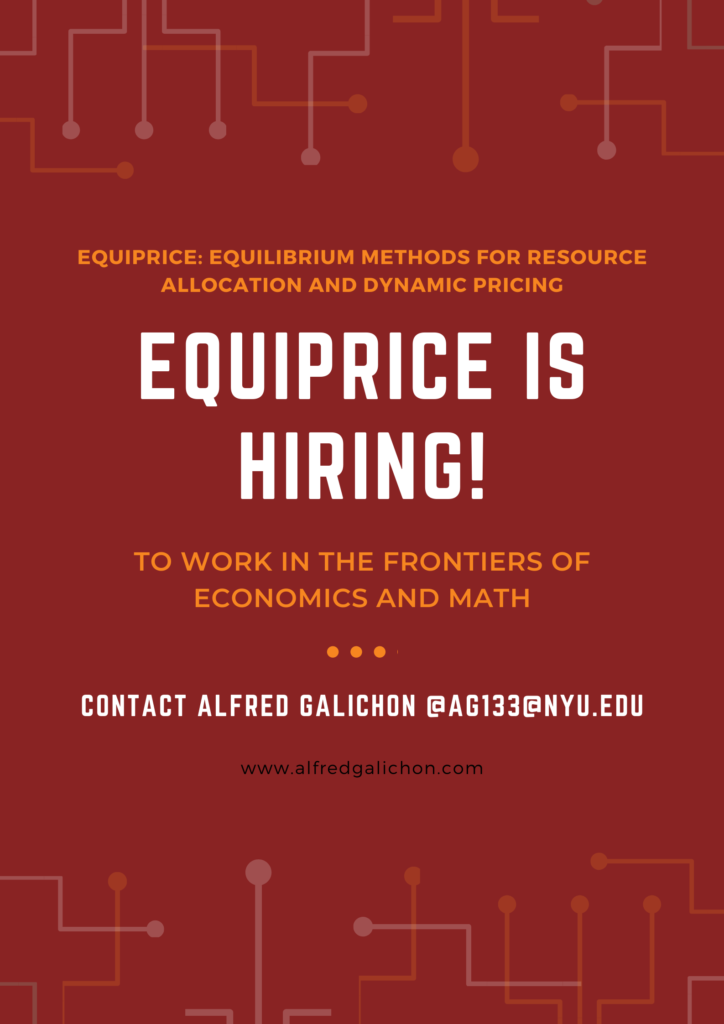equiprice_papers
EQUIPRICE papers
The following papers benefited from the support of the ERC-sponsored project EQUIPRICE.
Working papers
Stable and extremely unequal. With Octavia Ghelfi and Marc Henry. Manuscript available on arxiv.
Published or forthcoming papers
Yogurts choose consumers? Identification of Random Utility Models via Two-Sided Matching. With Odran Bonnet, Yu-Wei Hsieh, Keith O’Hara, and Matt Shum. Forthcoming, Review of Economic Studies. Available here.
A note on the estimation of job amenities and labor productivity. With Arnaud Dupuy. Forthcoming Quantitative Economics. Available here.
Cupid’s Invisible Hand: Social Surplus and Identification in Matching Models. With Bernard Salanié. Forthcoming, Review of Economic Studies. Available here.
SISTA: learning optimal transport costs under sparsity constraints. With Guillaume Carlier, Arnaud Dupuy and Yifei Sun. Accepted for publication, Communications on Pure and Applied Mathematics. Available here.
On the representation of the nested logit model. Accepted for publication, Econometric Theory. Available here.
Single market nonparametric identification of multi-attribute hedonic equilibrium models. With Victor Chernozhukov, Marc Henry, and Brendan Pass. Accepted for publication, Journal of Political Economy. Available here.
Fritz John’s equation in mechanism design (2021). Economic Theory Bulletin 9, pp. 1–5. Available here.
Taxation in matching markets. With Arnaud Dupuy, Sonia Jaffe, and Scott Kominers. Forthcoming, International Economic Review. Available here.

EQUIPRICE: Equilibrium methods for Resource Allocation and Dynamic Pricing. European Research Council consolidator grant (ERC-CoG) No. 866274, 2020-2025.










